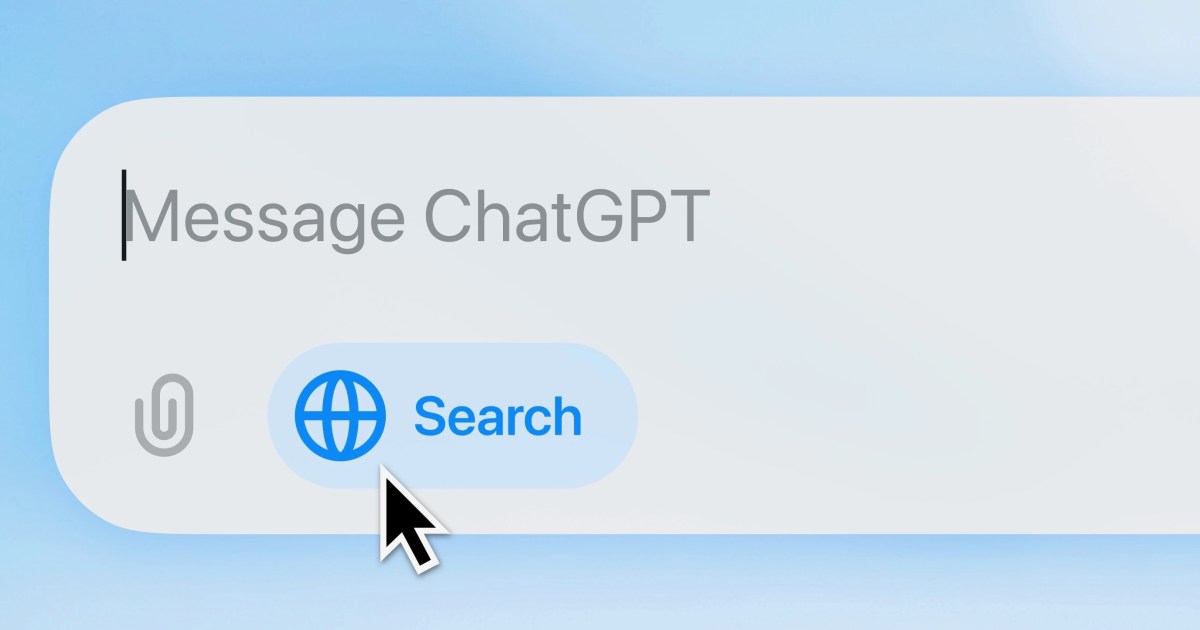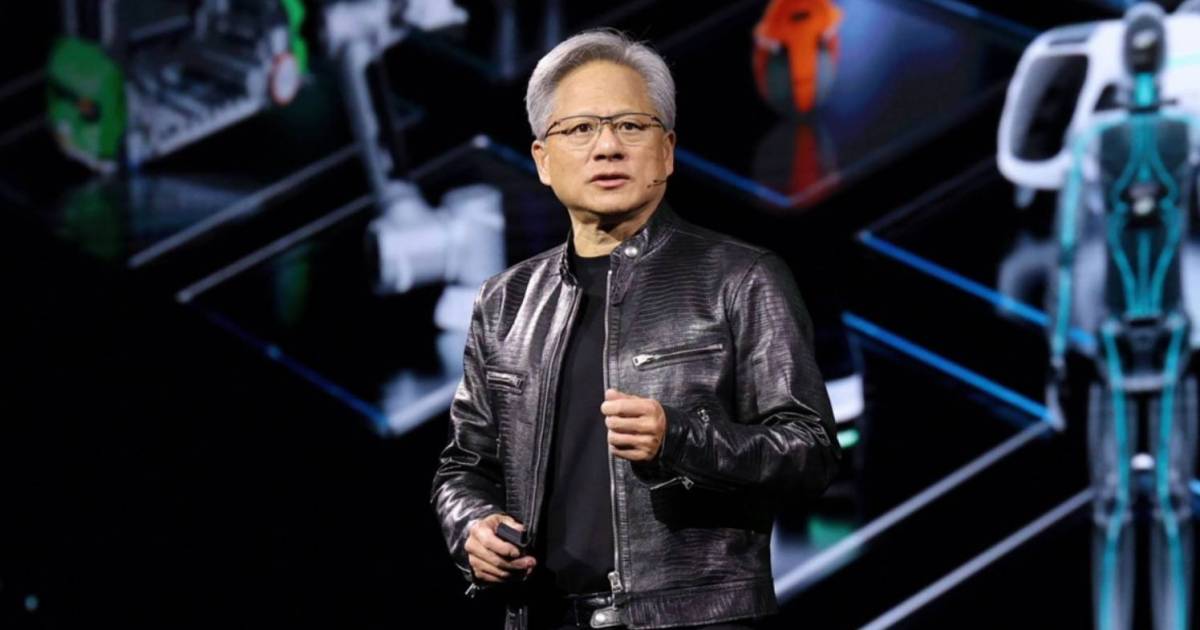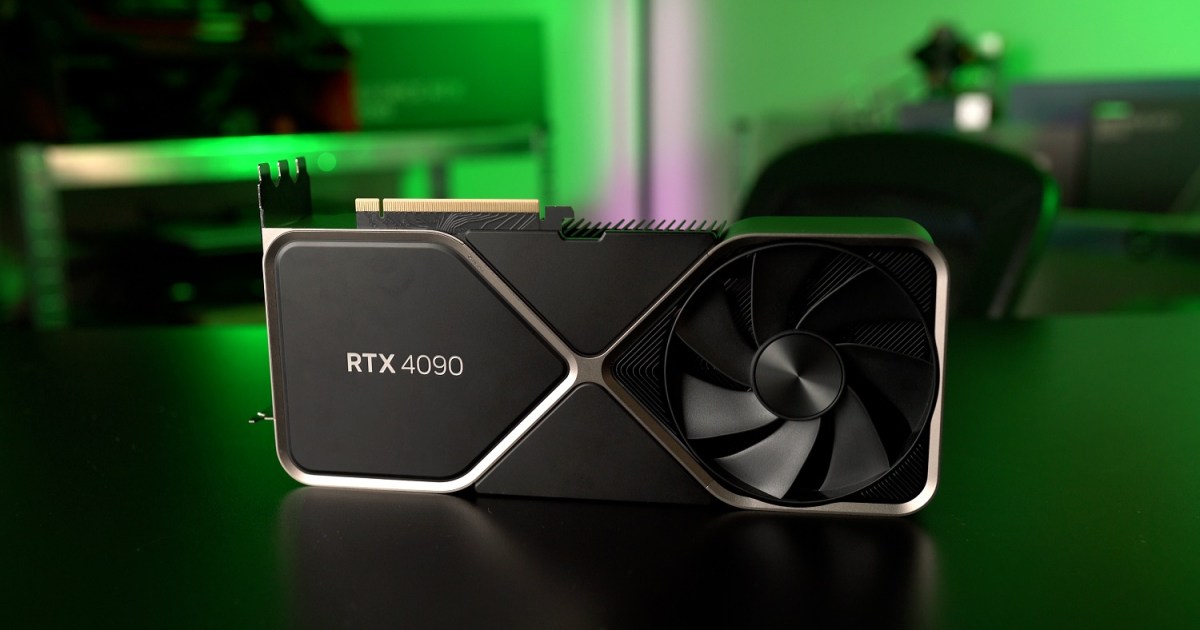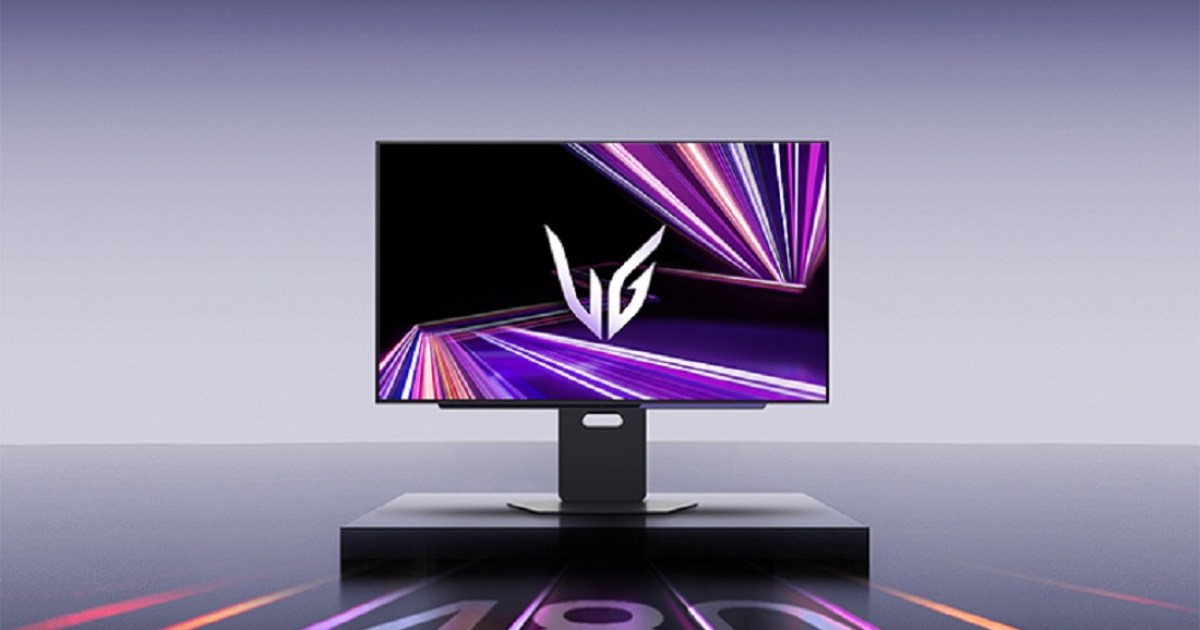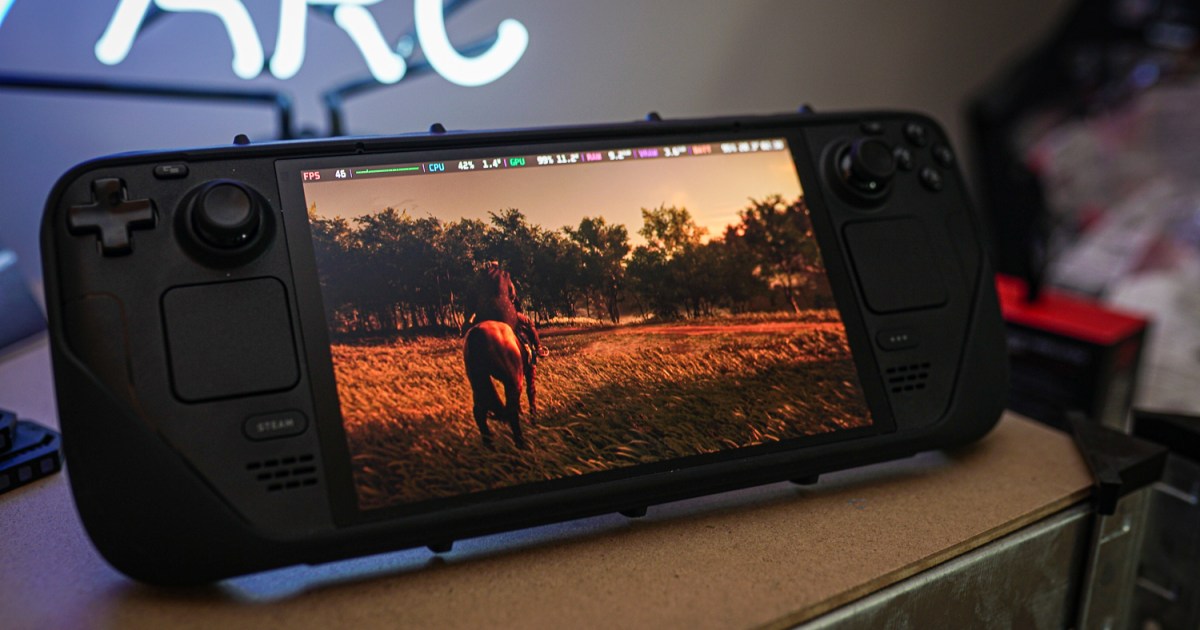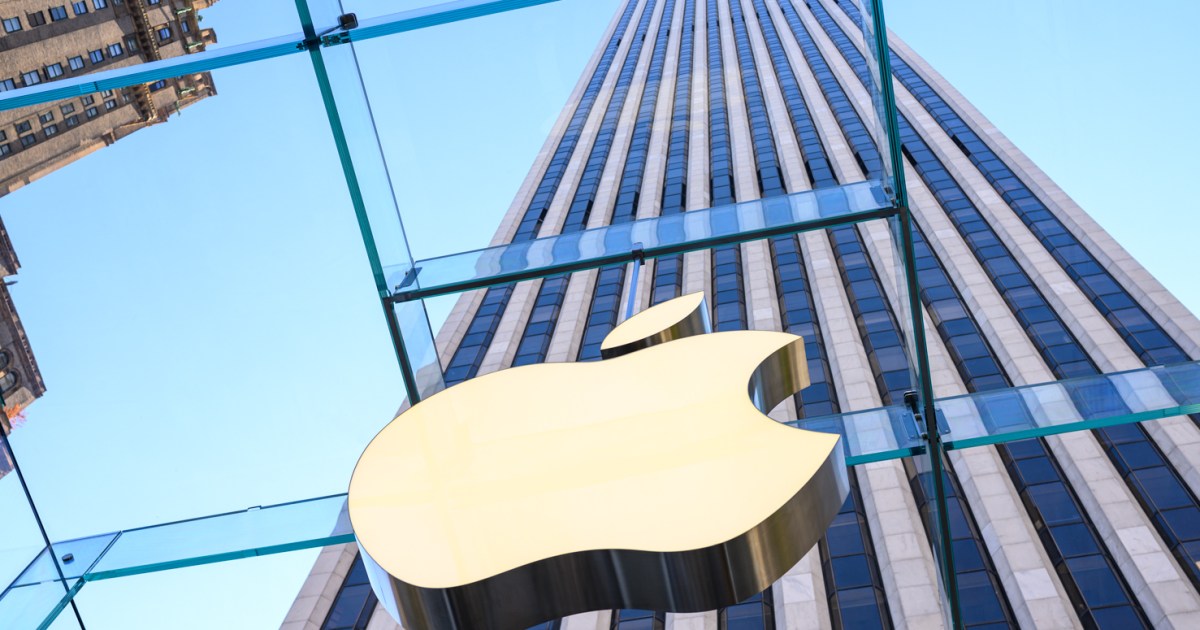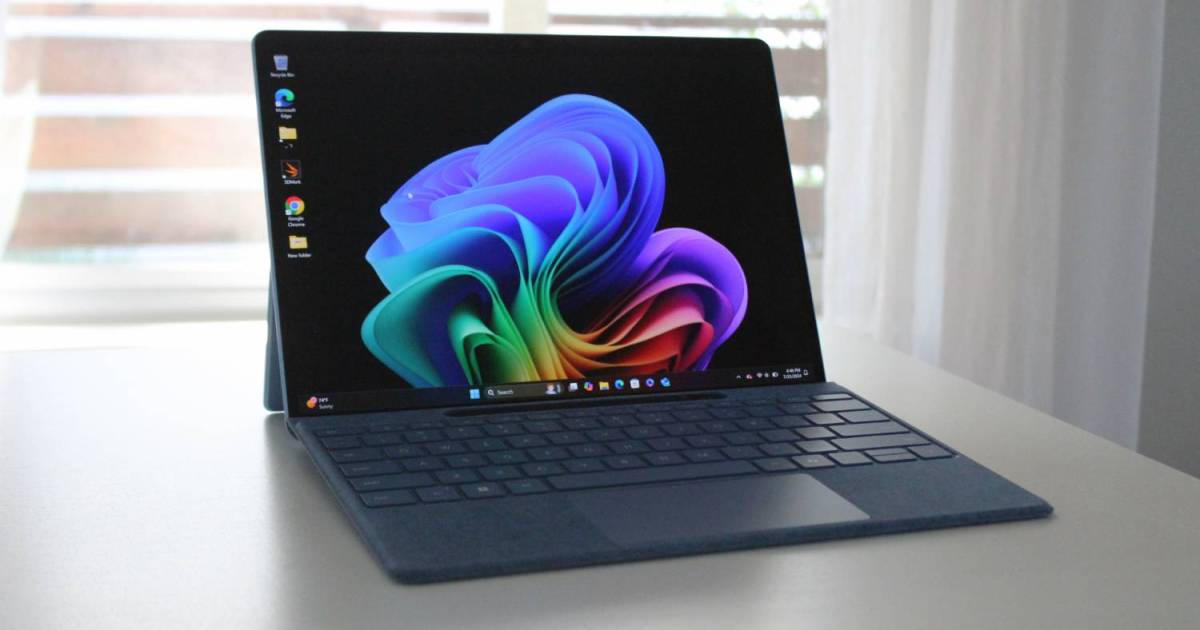ChatGPT, already a potential rival to Google Search, faced scrutiny after the release of ChatGPT Search. Intended to compete with platforms like Perplexity AI, a new study from Columbia University’s Tow Center for Digital Journalism reveals significant accuracy issues with the AI-powered search tool. The study, examining ChatGPT Search’s ability to attribute sources correctly, highlights concerns about misinformation and potential harm to publishers.
The researchers at the Tow Center designed a rigorous test, selecting 20 publications from each of three distinct categories: partners collaborating with OpenAI, those engaged in lawsuits against the company, and unaffiliated publishers who had either permitted or blocked ChatGPT’s web crawler. This diverse selection aimed to assess ChatGPT Search’s performance across different relationships with publishers. The research methodology involved choosing 10 articles from each publication and extracting specific quotes. These quotes were chosen for their ability to consistently return the source article in the top three search results on platforms like Google and Bing. The study then evaluated whether ChatGPT Search correctly identified the source of these quotes.
A significant finding was that even when quotes were taken from publications partnering with OpenAI and not allowing content scraping, ChatGPT Search frequently generated inaccurate or fabricated responses. The study documented 153 instances of partially or entirely incorrect responses. Disturbingly, the chatbot only admitted an inability to accurately answer a query in seven instances, using qualifying language like “appears,” “it’s possible,” or “might” only in those cases.
This tendency toward confident yet inaccurate responses raises significant concerns about misinformation and the potential impact on publisher reputations. The study revealed instances where ChatGPT Search misattributed a Time article to the Orlando Sentinel. In another case, the AI failed to link directly to a New York Times piece, instead directing users to a third-party website that had reproduced the article without authorization.
OpenAI, in response to the study’s findings, contested the methodology, claiming the tests were atypical. They argued that the lack of access to the Tow Center’s data and methodology hindered their ability to address the misattribution issues. The company has committed to ongoing improvements to search result accuracy.
This study underscores the challenges of ensuring accuracy and proper attribution in AI-driven search tools. The findings emphasize the need for continuous improvement and transparency in developing these technologies, as well as highlighting the complexities of navigating copyright and intellectual property concerns in the evolving digital landscape.



